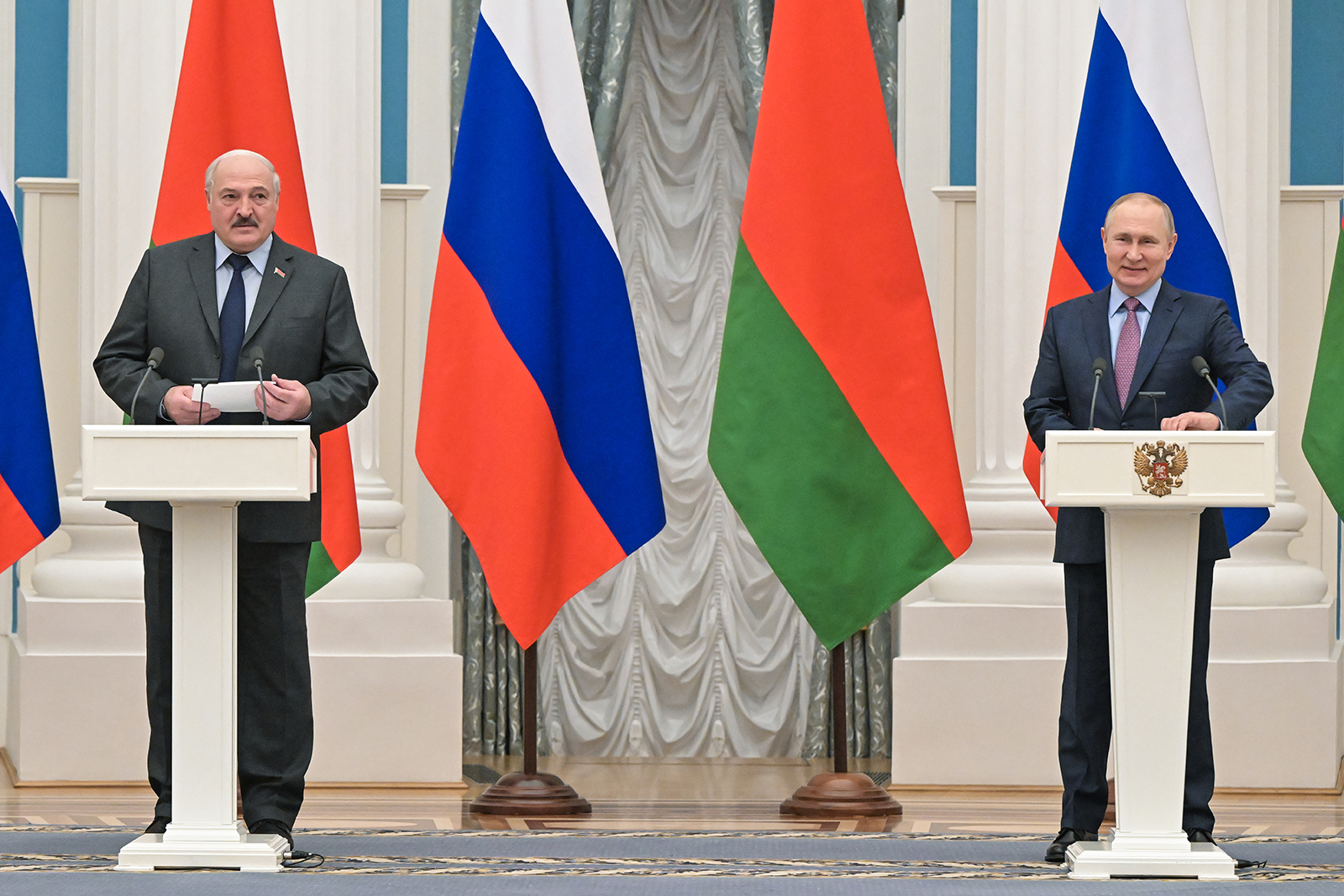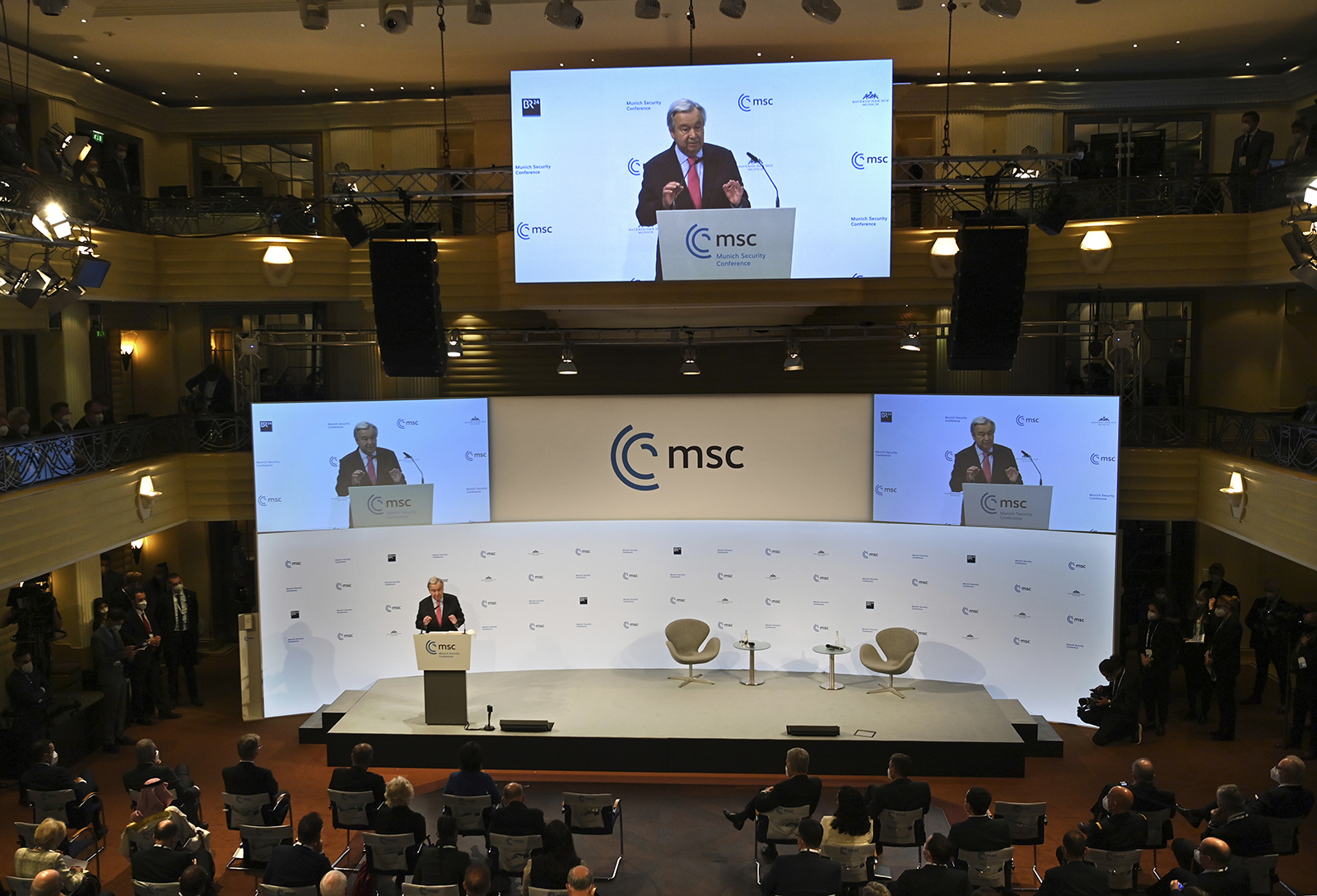The leader of the second self-declared republic in eastern Ukraine has announced that the evacuation of civilians to Russia is being organized. The announcement follows a similar move by the pro-Russian authorities in Donetsk.
Leonid Pasechnik, the most senior official in the Luhansk People's Republic, said in a statement that he had “due to the escalation of tension on the contact line, instructed the heads of the territories of the Republic to ensure the organized evacuation of the population ... and help the population in the delivery to border checkpoints.”
Pasechnik said “the Russian Federation is ready to provide organized reception and accommodation on its territory of residents of the Luhansk People's Republic.”
“Once again, I appeal to all men who are able to hold weapons in their hands, to defend their land,” Pasechnik added.
He accused Ukrainian forces of violating the ceasefire regime 29 times in the last day and listed 13 towns that he said had been shelled.
Donetsk Mayor Andrei Kulemzin spoke Friday about evacuating his citizens on Russian state-owned Russia-24 news.
"We are working round-the-clock to get our citizens out of the line of fire. Everything is going smoothly so far," Kulemzin said. "Our priority is to first get out our children, then women, then the elderly," he added.
Earlier today, CNN reported that the leader of the breakaway Donetsk region in eastern Ukraine, Denis Pushilin, has appealed to civilians to begin a mass evacuation because of what he described as Ukrainian aggression.
Pushilin said that from "today, Feb. 18, a mass centralized evacuation of the population to the Russian Federation has been organized."
"By agreement with the leadership of the Russian Federation in the Rostov region, the places of reception and accommodation of our citizens are ready," Pushilin said.
"All conditions have been created for a quick transition at checkpoints." Pushilin said the order was given because of Ukraine's "daily build-up of troops and lethal weapons, including Smerch and Uragan multiple launch rocket systems, NLAW rocket sets, as well as Javelins and Stingers along the entire contact line."
Sebastian Shukla and Anastasia Graham-Yooll contributed reporting to this post.





